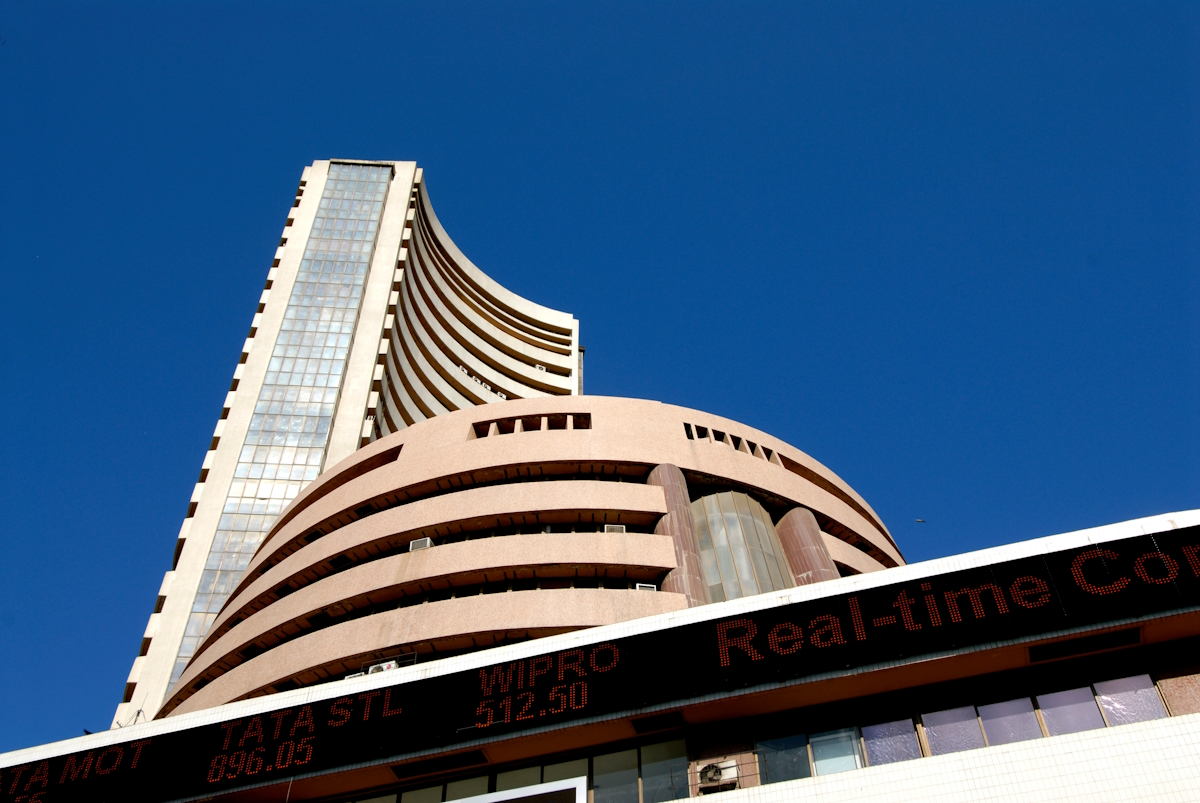In January, India became the fourth-biggest equity market globally. The combined value of shares listed on Indian exchanges reached $4.33 tn on January 22, 2024, as per Bloomberg, overtaking Hong Kong with $4.29 tn.
The boom of Indian equities is driven by a promising growth outlook, policy reforms and the shift of global capital away from China. International investment banking and capital markets firm Jefferies expects India’s market cap to reach $10 tn by 2030.
As the reasons for the upbeat assessment, the broker pointed to India being an innovation hub with a thriving start-up ecosystem, India’s service export strength and its strong corporate culture.
According to the report by Jefferies, the corporate sector’s focus on equity returns, combined with the robust regulatory framework provided by bodies such as SEBI and RBI and intermediaries, has cultivated a substantial domestic investor base.
According to HSBC Asset Management’s India Equity Outlook, the Indian equity markets remained buoyant in 2023. Support stemmed from significant inflows from both domestic and foreign institutional investors throughout the year, as earnings expectations at an index level were largely met.
Looking into the current year, the sentiment towards India’s stock market continues to be positive, albeit with an expectation of some volatility.
“India has undeniably strong growth prospects and a booming consumer market, but with multiples close to the level of the S&P 500, investors should be careful,” Timothy Orchard, Head of Equities at Fidelity International, says.
Pictet Asset Management points to India Inc.’s promising fundamentals. “The country is not only one of the fastest growing economies in the world but also among the most diversified. This diversity is its strength,” says Senior Investment Manager Prashant Kothari. “Its diversity is a reflection of its large industrial sector, a growing consumer market, and intensifying competition. This has also helped Indian companies deliver higher profits than the rest of the emerging corporate world.”


 Australia
Australia China
China India
India Indonesia
Indonesia Japan
Japan Malaysia
Malaysia Philippines
Philippines Singapore
Singapore South Korea
South Korea Taiwan
Taiwan Thailand
Thailand Vietnam
Vietnam







